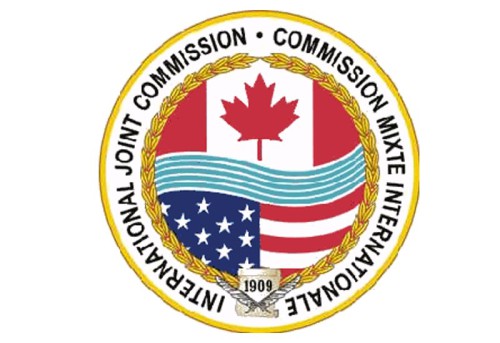ONTARIO—Due to strong public interest, the International Joint Commission (IJC) has extended the deadline for written comments on the Upper Great Lakes Study.
“That’s good news I guess, some of my colleagues feel this is good, because it sounds as if they (IJC) are paying attention to our concerns, which would be nice,” said Therese Trainor, secretary of the Manitoulin Area Stewardship Council (MASC), last week. “It would be nice if all our efforts paid off and they did something concerning the low water levels.”
“The International Joint Commission (IJC) deeply appreciates the hospitality, participation and passion of the people who shared their perspectives on Great Lakes water levels and flows,” wrote IJC co-chairs Lana Pollack (U.S.) and Joe Comuzzi (Canada), in a letter to stakeholders. “In mid-July, the Commission held public hearings in 13 communities on Lake Superior, Lake Michigan, Lake Huron, western Lake Erie and both the Detroit River and St. Marys River. We heard both praise and concern regarding the report and recommendations of the International Upper Great Lakes Study Board (IUGLS).
“At the hearings, the IJC heard perspectives from governments, First Nations and Tribes, property owners, and citizens on proposed Lake Superior outflow management; an exploratory analysis on raising Lakes Michigan and Huron water levels; and the realities of living with the dynamic Great Lakes system.”
“Due to strong public interest, the IJC has extended the deadline for written comments until September 30, 2012,” reads the IJC letter. “If you were not able to attend a public hearing, Commissioners will be available to listen to your comments at a public hearing by teleconference on September 19, 2012, from 7-9 pm EDT. You can find instructions to participate at bit.ly/iugls-hearing.
“The IJC carefully considers all comments in deliberating on orders of approval, directives, and recommendations for water levels management,” the IJC continues. “The IJC encourages you to share your perspective on the study board report and recommendations at ijc.org/iuglsreport/. On the website, you will also find a presentation about the study, the record of the hearings, the final study board report, archives and related research.”
It is further explained in the letter, “while the IUGLS was focused on water quantity, the Commission also plays a role in providing advice to the governments on water quality. And in that regard, we urge you to join the IJC and our partners in Cleveland, Ohio, for Great Lakes Week to discuss the unprecedented efforts underway and opportunities to sustain North America’s Great Lakes. We look forward to receiving your comments on water levels and working with you to sustain our shared waters.”
“The IJC never guaranteed this report would be complete in the fall,” pointed out Ms. Trainor, pointing out MASC has already sent in its list of comments and concerns to the IJC.





